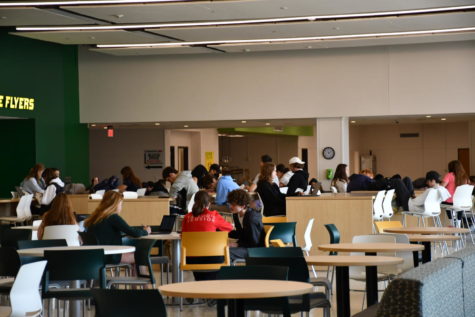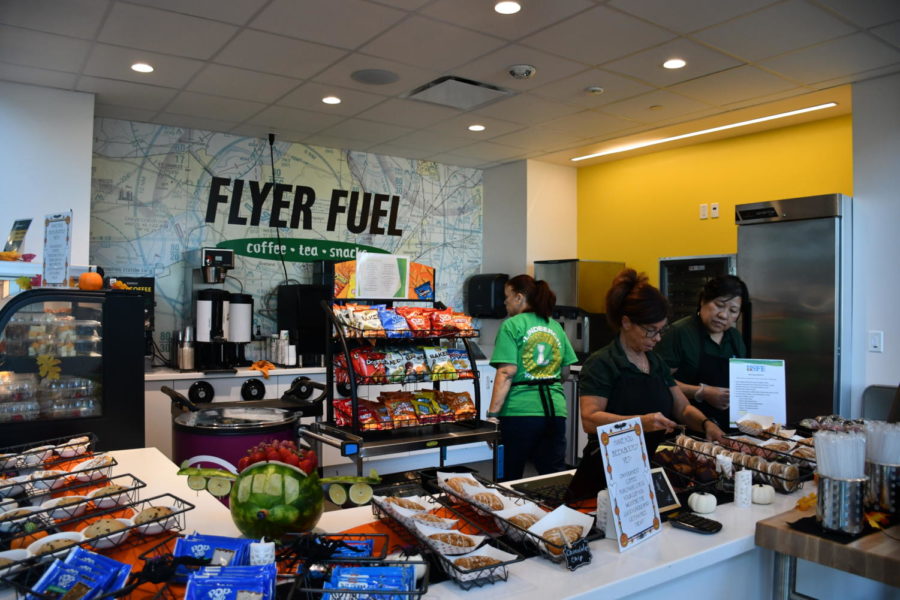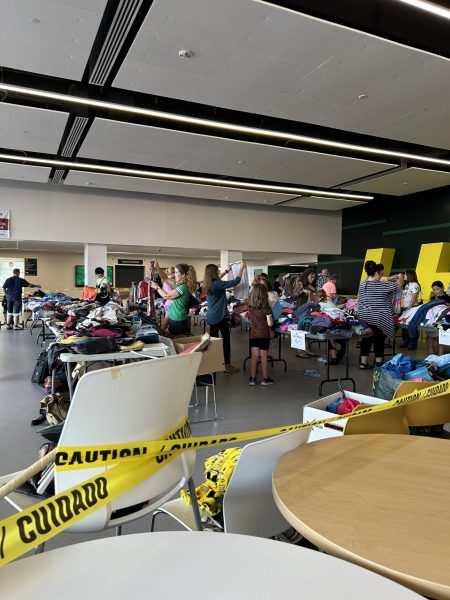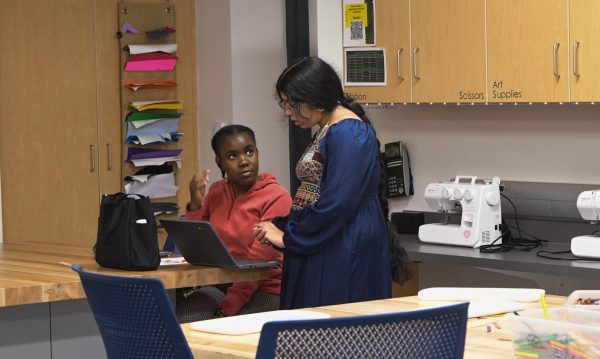Lindbergh Left “Frustrated” with the Effects of the National Labor Shortage
How the National Labor shortage Has Affected Lindbergh High School
According to the U.S. Chamber of Commerce, “In 2021, more than 47 million workers quit their jobs.” This impacted the U.S. economy greatly and there have been shortages in almost every industry, especially in education.
Brian Mckenney, who has been Lindbergh’s chief human resources officer for the past eight years, agrees that the national labor shortage has been affecting Lindbergh High School. He explained how jobs in the education system have been on a decline and how Covid changed the workforce, most prominently in education.
“Covid definitely has affected us. Due to the pandemic, staff were doing their jobs remotely. Now, these essential people are not coming in to do these jobs due to many different factors,” McKenney said.
McKenney explained how the national labor shortage has affected schools everywhere with the increasing scarcity of people going into teaching careers. Luckily, Lindbergh has been fortunate to not have been affected by the national teacher shortage.
“We are fortunate to not have a shortage of teachers. We actually had 60 open teaching spots that were all filled, but the custodial staff, food service workers, and substitute teachers are the groups that have been the most affected by the labor shortage at Lindbergh,” Mckenney said.
Problems have arisen with the limited number of workers. These groups’ shortages in staff have been noticed by students, teachers, and administrators. Mckenney said one of the problems that have been apparent directly affected the students at Lindbergh.
“It’s not ideal that we have to send students to the commons to be monitored by the substitute teacher when there are other groups of students that are also being watched over by that same substitute,” he said.
Having this as a solution works when there are multiple teachers gone and multiple groups of students need to be watched over by a single substitute teacher when there aren’t enough substitutes to monitor all of the students in their original classrooms. Unfortunately, due to the circumstances, it’s hard to find solutions that work efficiently. Having these students being monitored in the commons is not ideal. Mckenney and others in his department have been planning for solutions that help alleviate the lack of substitutes issue.
“A proctoring substitute would be a substitute that would be paid more and specialize in proctoring students in a large space, such as the commons, and be trained in how to help these students with things like with Canvas or assignments that are assigned to do,” Mckenney stated.
This doesn’t eliminate the problem of having students in the commons when they need a substitute. This solution could be a promising fix to help aid when there aren’t enough substitutes to go around to sub these classes and these proctoring subs are able to help students more with their school work than their traditional counterparts.
Additionally, Lindbergh is also a part of labor shortages involving food. Main principal Dr. Cochran is enlightened about this and the situations it has created for Lindbergh.
“I know students get frustrated, especially when we can’t open a lunch line that they would typically use. The food service workers are like many other workers, they can get sick and have to stay home, or sometimes they have kids and they get sick and have to stay home with their own kids. And so when we don’t have enough people to work behind those lines we sometimes have to consolidate,” Cochran said.
Not only has Lindbergh been looking for solutions to shortages within the food service staff, but they sometimes have to do this for bus driver services as well. On days when there is no one to drive a specific bus, they have no choice but to adapt to it the best they can. Cochran has acknowledged those concerns.
“We do the best we can. We just sometimes have no one and so we have to shut it down or consolidate that bus today due to no one being able to drive it. So let’s take those kids to another bus. It’s no fun, but it’s the reality of running a school,” said Cochran
Since COVID-19, staffing shortage has become a feature of the past school years. The pandemic was an eye-opener for some workers as it changed their ideals of work. Despite the one-time solutions, Lindbergh still strives to fix the problem.






